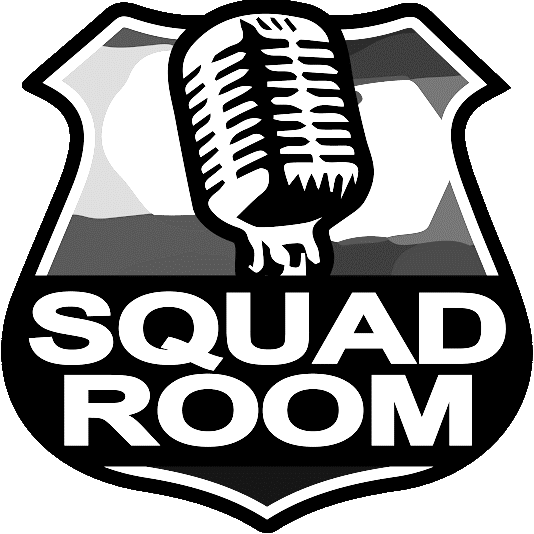Click here to read part 1 or part 2 of the series “Turning Pro”
I had heard of Steven Pressfield’s book “Turning Pro” through several podcasts I listen to and one day it came across my suggested reading screen on Amazon. On impulse I picked it up. I didn’t put it down again until I was finished. I read it one day, during my kids’ spring-break while I was watching them. Amazing feat? Not really. Not only is the book incredibly engaging, it’s also short – 132 pages, many of them single paragraphs. It was fantastic though, and I’ve added it to my recommended readings list.
Pressfield is a well-known author popular to many in law enforcement. He wrote “Gates of Fire,” “Killing Rommel,” and “Tides of War” among others – none of which I’d read. In “Turning Pro,” he writes that he is able to divide his life into two parts: before turning pro and after.
Pressfield clarifies that turning pro is not the result of receiving a paycheck for his efforts. Rather, the decision to “turn pro” is to begin acting like a professional in your field; to make bold decisions and put forth significant effort to achieve a higher aim that then results in professional results. Pressfield argues that turning pro is not just for creative types, and that people in traditional professions themselves are often acting as amateurs.
According to Pressfield, characteristics of an amateur include:
- The amateur is terrified, fearful that if he turns pro, “he will have to live up to who he really is ad what he is truly capable of…that if the tribe should discover who he really is, he will be kicked out into the cold to die.”
- He is an egotist, a narcissist. “The amateur sees himself as the hero, not only of his own movie but of the movie of others.”
- He lives by the opinion of others
- He permits fear from allowing him to act
- Is easily distracted
- She seeks instant gratification
- Jealous, and lacking in compassion for himself.
- The amateur seeks permission from others.
And most importantly…
- The amateur will be ready tomorrow.
In comparison, the professional:
- The professional shows up every day.
- For the professional, the stakes are high and real.
- The professional acts in the face of fear.
- The professional is prepared.
- The professional is both ruthless and compassionate with himself.
- The professional does not give his power away to others, but he helps others.
And most importantly…
- The professional shows up everyday.
With hindsight, I see that the activities I was trying to muster, were my attempts at “turning pro.” As I said in the first part in this series, I always treated myself as a professional cop, but I see now that I was an amateur in other areas of my life, some of which affected my professionalism as an officer. Further, there was significant room to grow in my professionalism in regards to my career. I showed up everyday of course, but was my mind always present with my body? Probably not.
Being a pro sounds tough and arduous. But the benefits are enticing, and in-line with the kind of person I aspire to be, the kind of person that I see many that I admire already being. I want to get called up from bush league ball to the majors. I don’t know in what form that would take in my career or personal life, but it sounds more exciting than staying in single-A ball getting shuttled around on a beat-up Greyhound.
Have you gone pro? Please share your experience, your lessons, and your trials in the comments section below. Do you want to go pro but don’t know how? Drop a question in the comments below and let’s figure it out together.

